We started small in 2007, a group of like-minded individuals with almost no resources. It rapidly became clear that there was a need for an organisation to empower a new generation of Europeans to act for a different future in multiple ways.
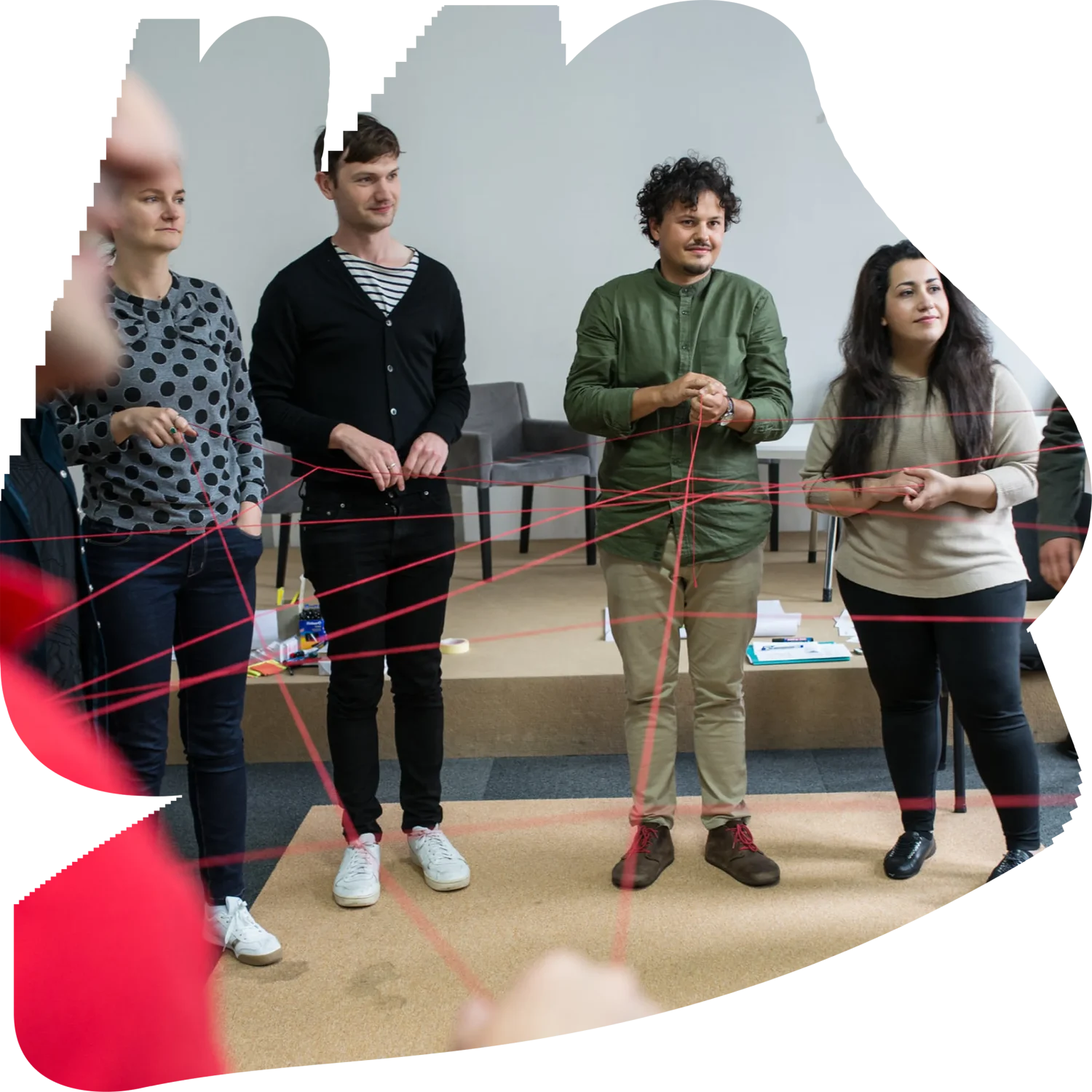
In 2007, European Alternatives transformed a room in a warehouse just off Brick Lane in London into our first office. With a Brazilian martial arts club above, an Italian waiter, a guy importing parmigiano, and a carpenter around it.
We were incognito and used to throw away letters we received far away from the office, as we were not meant to be there. With no heating and unreliable internet, an international team of people gathered on one of the most cosmopolitan streets of a very cosmopolitan city to seek European alternatives. Democracy, equality and culture beyond the nation-state.
Just around the corner from the world’s financial centre and next door to one of Europe’s most deprived neighbourhoods, this space of paradox, a warehouse where no one was supposed to be living, was a place to reimagine a possible future.
We did not think that the nation-state had yet vanished. We thought that in the twilight there would be manifold attempts to keep it alive, but we saw it as a faltering monster.
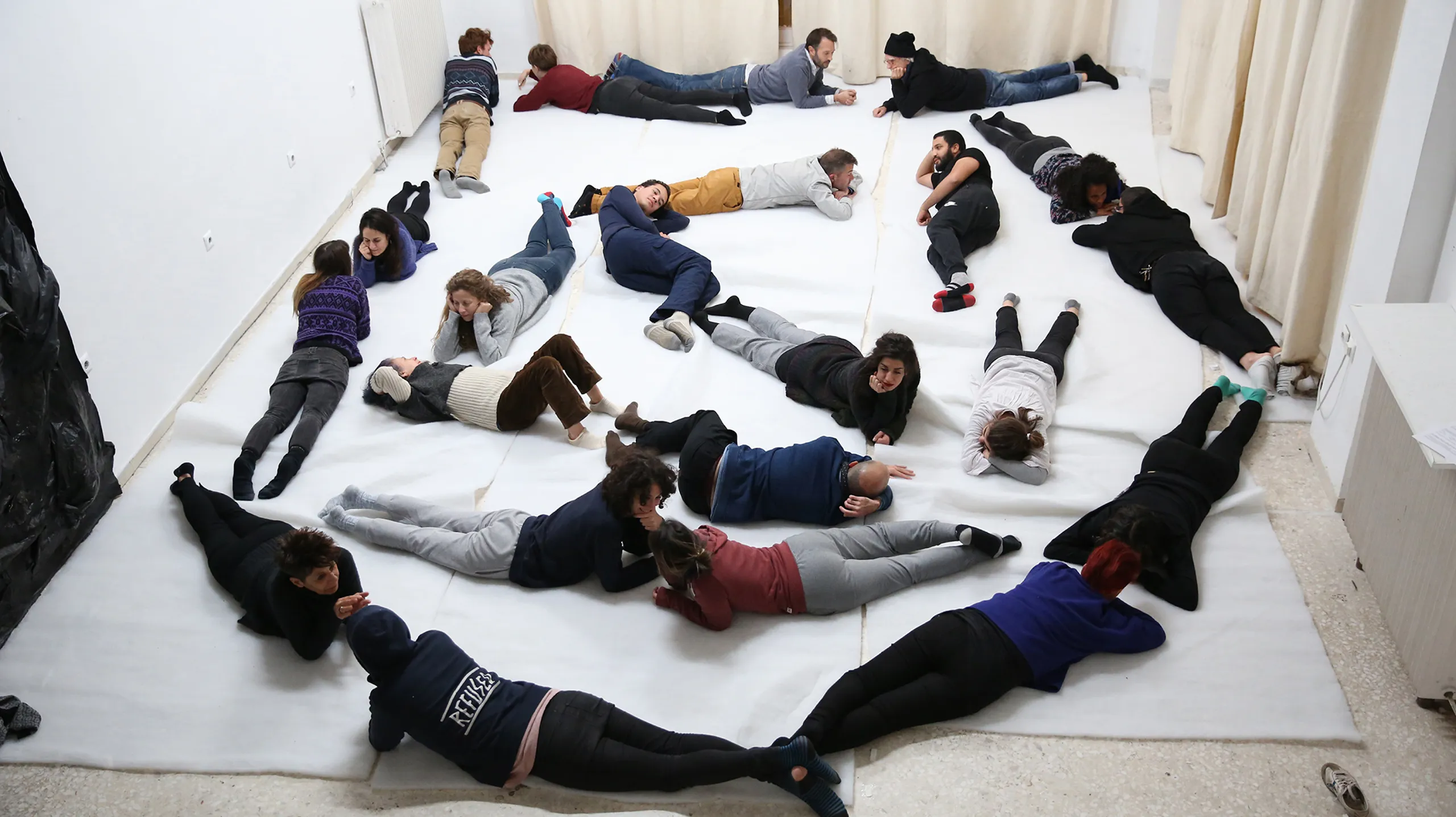
“At the same time we knew Europe had the resources to reinvent itself”
In this state of transition, we believed Europe could be a laboratory for political invention and progress with global implications, but only if we radically changed course. We felt that the current European regime was undermining its own claims to universal rights, democracy and justice. We rejected the idea that we must choose between the status quo and nationalism: we held Europe had to be reclaimed and reinvented, made hospitable to others and to other ideas.
At the same time, we knew that Europe had the resources to reinvent itself: a history of democratic invention, of human rights and responsibility, of art and intellectual endeavour, of dissidence, resistance and utopian action.
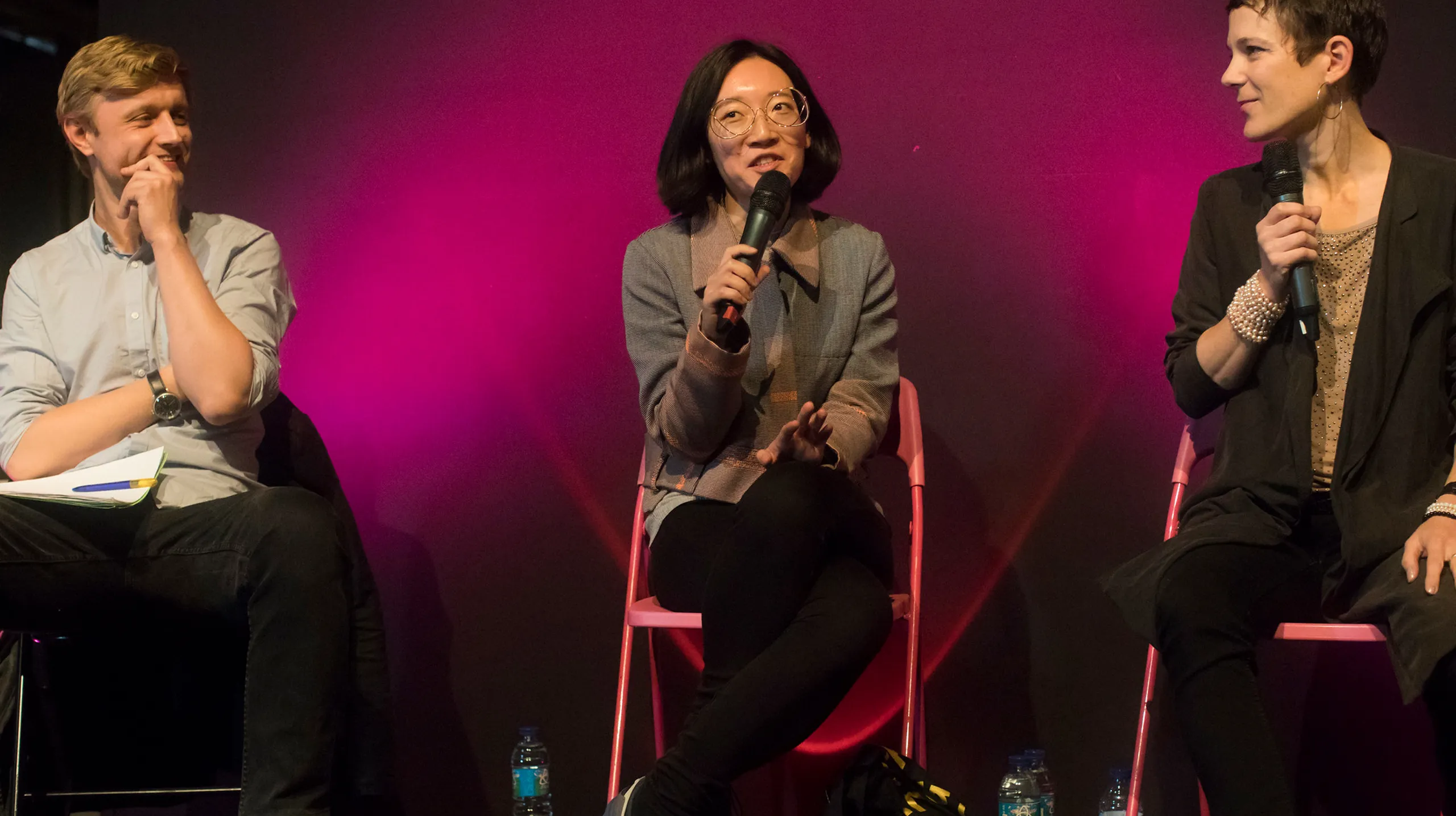
This paradox of creativity and destruction, of beauty and violence, of universality and colonialism, of rights and expropriation, of democracy and exclusion, is Europe’s fate. Only through active political, social and cultural engagement is it possible to bend the arc of this destiny towards justice.
We started small in 2007, a group of like-minded individuals with almost no material resources, only our energy, ideas and our email accounts, but it rapidly became clear that there was a need for an organisation, a structure, an institution, a medium, to empower a new generation of Europeans to act for a different future in multiple ways.
We reject the idea there has to be a division between ‘metropolitan elites’ and ‘ordinary people’. The lives of us all are politically and socially determined by forces that cross borders, and we can only try to have political agency by acting in a transnational way in solidarity with others who may be physically distant but in a similar circumstance. The relevant political division is between elites which profit from exploitation and a monopoly over power and influence, and those of us who believe an alternative future is possible. The task of European Alternatives is to contribute to educating, organising and empowering these people across borders, acting locally.
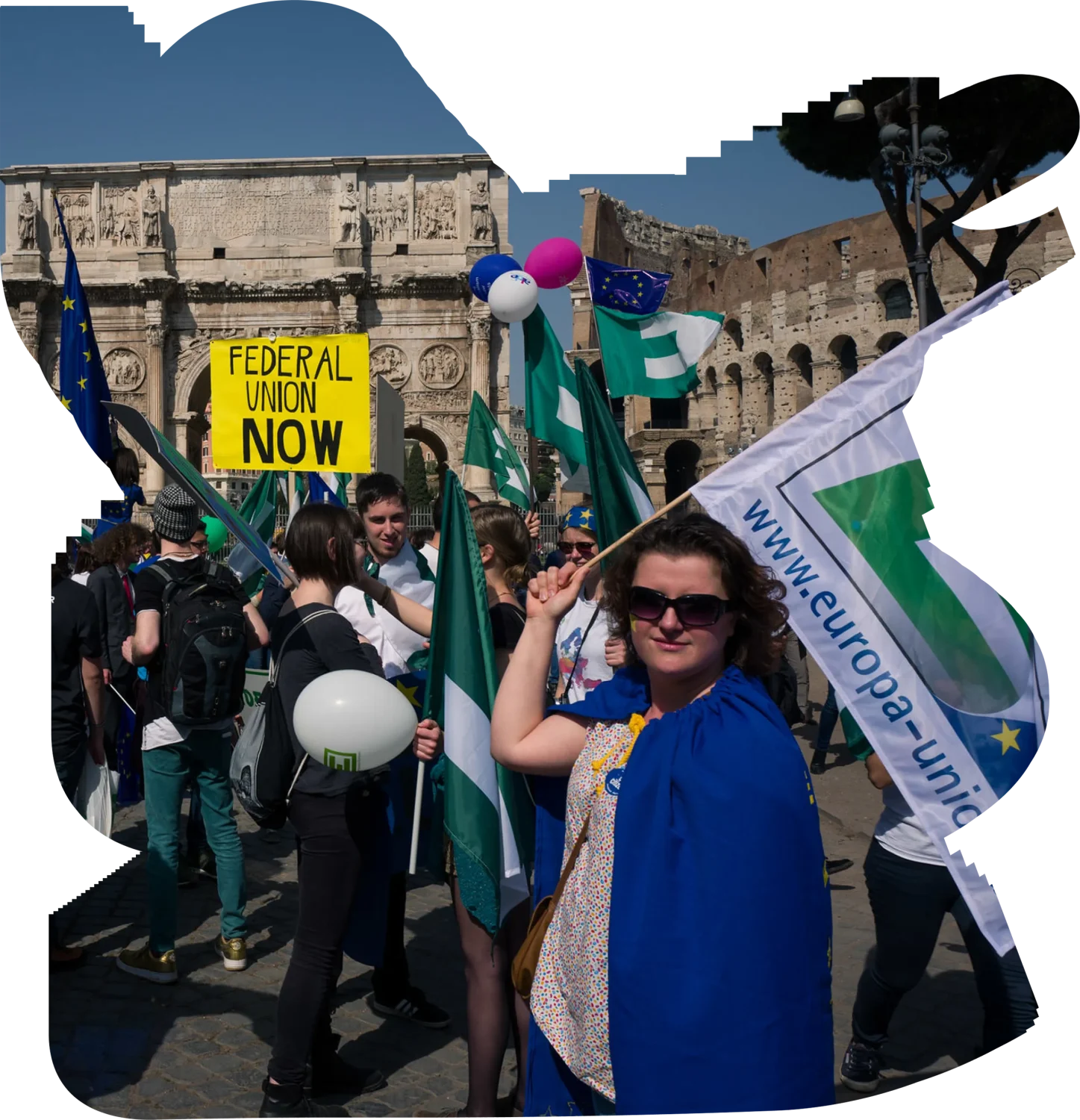
“The task of European Alternatives is to contribute to educating, organising and empowering”
Our timeline
Festival of Europe
In 2007, in addition to the “official” celebrations in Berlin and Rome of the 50th anniversary of the European Union in March, London witnessed the first civil-society-initiated “Festival of Europe“ organised by Lorenzo Marsili and Niccolò Milanese. An opening lecture by Zygmunt Bauman launched a Festival that was conceived as a series of public debates and art exhibitions. The debates embraced all the countries of the enlarged EU and included discussions on the environment, Eastern European art, the European social model, Turkey and the EU, and philosophical traditions.
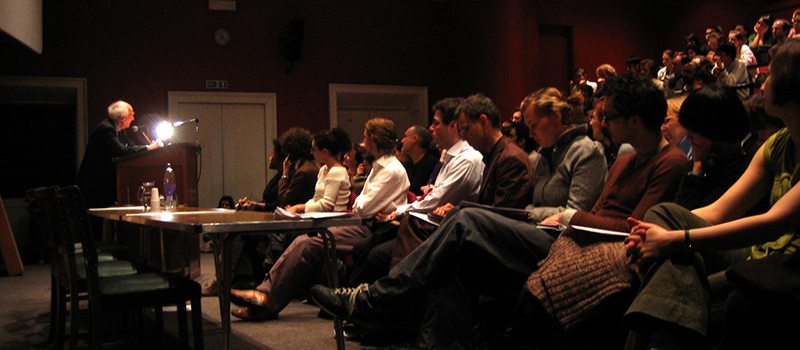
European Feminist Summit
The European Feminist Summit, a part of the London Festival of Europe 2008, was a meeting of feminists who gathered to evaluate transnational strategies to campaign for gender equality in the workplace and at home, in political representation and activism, and for reproductive rights. The outcome and impulses of the summit continue to resonate throughout the activities of European Alternatives.
How to Make Europe Dream
How to Make Europe Dream was a congress of artists, writers, philosophers and dreamers looking at how to recover an ambitious utopian energy in an old continent. It took place in Chelsea College of Art and was opened by Bernard Stiegler.
Festivals LoveDifference
The LoveDifference festivals in Northampton, Bristol and London celebrated the creativity and enrichment that can come from mixing cultures and histories. There were discussions, poetry readings, art exhibitions, workshops and concerts by leading UK and Central European bands performing together.
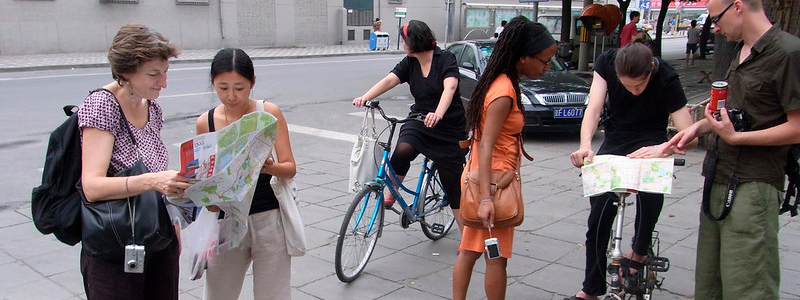
Media Freedom Campaign
European Alternatives campaigning on media freedom started with a vote in the European Parliament on the situation in Italy. The campaign gathered 200,000 signatures across the continent and was mentioned more than 100 times in the press. It led to the creation of the European Media Initiative to keep pressuring the European institutions to improve regulations and transparency in the media.
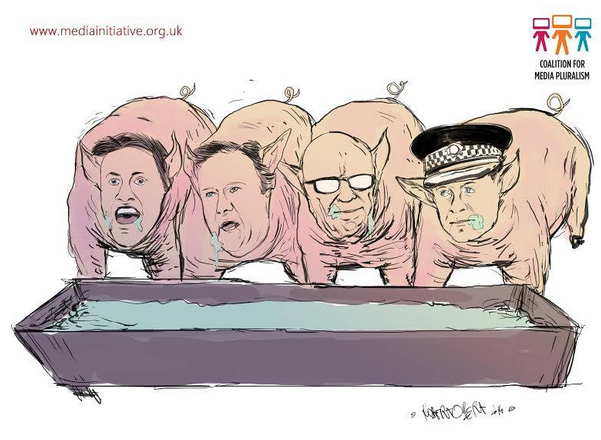
Open Access campaign
Along with Migreurop, European Alternatives launched the Open Access Now campaign that called for unconditional access to immigration detention centres for civil society members and journalists. It helped emphasise obstacles faced by NGOs, researchers, families and friends of migrants to access information and contact detainees, in order to support actions, awareness and advocacy campaigns on these matters.
The network of EA is launched in Hanbury Hall
European Alternatives launched its transnational network in Hanbury Hall, the same place where the first workers ‘strike’ took place in 19th century London. Just like matchstick makers back then, we looked to invent new forms of political agency through joint action. Our strategy was to create a network of activists across the continent to promote democracy, equality and culture beyond the nation state.
First edition of Transnational Dialogues
Transnational Dialogues brings together artists, creatives, professionals, intellectuals and writers from Europe, China and Brazil for a series of exchanges in person and online. The platform promotes the sharing of information, networking, and conceptual collaboration between individuals, organisations and institutions active in a variety of disciplines transnationally. It also offers a trampoline for future collaborations and initiatives.
People Power Participation: citizens consultations throughout the EU
Over three years, European Alternatives organised citizens panels throughout the European Union. The popular consultations involved thousands of Europeans (by birth, choice or circumstance) who were asked to elaborate policy proposals which, in their views, should constitute the primary focus of the next European Parliament and Commission. 50 policy proposals were gathered in the Citizens Manifesto for European Democracy, Solidarity and Equality and served as a sensibilisation and advocacy tool towards the candidates of the European elections in 2014.
TRANSEUROPA Festival
After the Festival of Europe in London, TRANSEUROPA Festival became a unique transnational festival of culture, arts and politics, taking place in 14 cities all over Europe. It is a collaborative, open and public space for the emergence of an alternative Europe. It promotes political and cultural exchange, and collective action for new visions on the economic crisis, migrations and democratic participation.
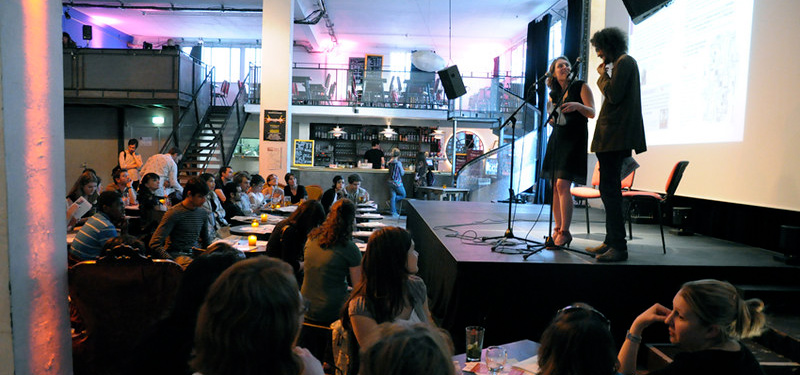
The Commons Struggle: the first documentary of EA
“Common Struggles” is a documentary on the search of what Common Goods (Commons) mean in Central and Eastern Europe. In 2012 European Alternatives, together with Rome’s Teatro Valle Occupato, began a transnational discussion over the meaning of the Commons beyond borders. The desire was to learn more about struggles for the re-appropriation or protection of common goods in former communist and socialist societies in Serbia, Romania and Bulgaria that had gone through a process of privatisation.
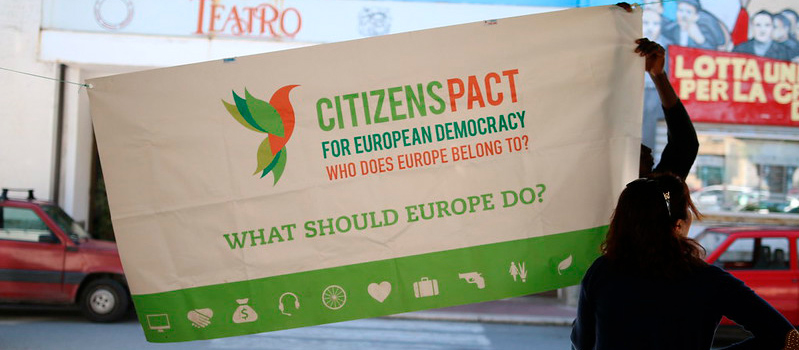
Campaign for LGBT marriage recognition
The forum in Rome organised by European Alternatives brought together European activists to develop a common strategy to demand mutual recognition of all forms of stable partnerships throughout Europe.
TRANSEUROPA Festival: imagine demand enact
TRANSEUROPA Festival 2013 took place in 15 cities and it featured Erdem Gündüz, “The Standing Man” of Taksim square in 2013, and Tania Bruguera, the Cuban artist and founder of the Institute of Artivism Hannah Arendt (INSTAR), among many other political and cultural activities.
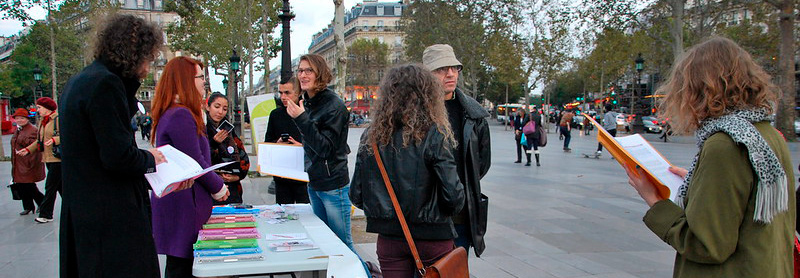
A European charter for the commons
Responding to the wave of privatisations, European Alternatives, together with the International University College and its Institute for the Study of Political Economy and Law, the Municipality of Naples, and the Institut International d’Études et Recherches sur les Biens Communs, launched a series of forums and meetings throughout Europe to draft a European Charter of the Commons. The Charter aimed to call for the protection of fundamental services and common goods from privatisation, while guaranteeing an equal right of access for all.

Transnational Dialogues lands in Brazil
After our first activities with Transnational Dialogues in China, we moved to Brazil to continue exploring our belief that current social, economic and cultural models are failing us, regardless of the national context, for endogenous reasons.
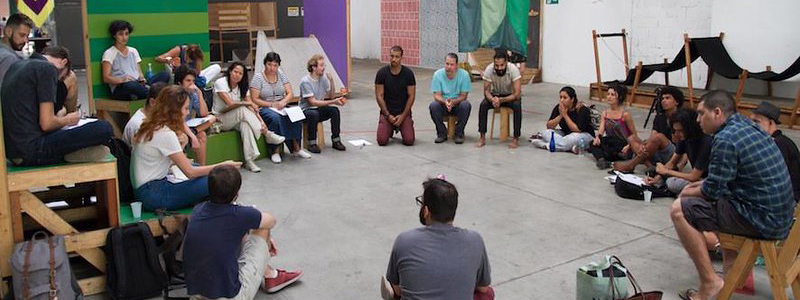
TRANSEUROPA Caravans
Ahead of the 2014 European Parliament elections, European Alternatives connected 100 local alternative projects and voices in 18 countries through transnational nomadic caravans. From the United Kingdom to Greece, Portugal to Poland, the TRANSEUROPA Caravans encountered hundreds of inspiring people and explored their local initiatives to enact labour rights, welfare, democracy, civil rights and environmental protection.
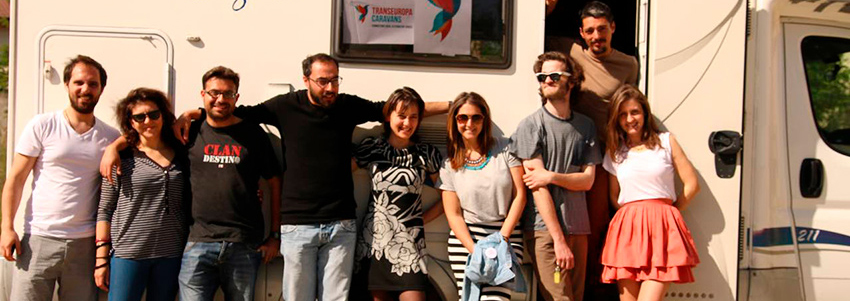
#FixEurope: the first Campus of European Alternatives
The first Campus of European Alternatives gathered more than 70 activists to reflect and strategise political and social renewal in Europe. The Campus was followed by in-depth discussions with the philosopher Hauke Brunkhorst, scholar and author Igor Stiks and political scientist Ulrike Guerot, gathering more than 150 participants in Berlin.
Citizens Rights: towards citizen rights protection in the EU
Starting in June 2015, the Citizen Rights project engaged with civil society activists to look at how, when and where people in the EU can individually and collectively protect and advance fundamental rights. The project included researching citizen rights in the EU, trainings for civil-society activists to improve their capacity to protect and extend rights, teaching about rights in schools and universities and drafting EU policy proposals.
TRANSEUROPA Festival: Beyond Fragments
Beyond Fragments, 2015 TRANSEUROPA Festival, focused on war in Europe, the rise of nationalism and the threats of dismantling the European Union.

Launch of Talk Real
Talk Real is an online political nomadic talk-show that aims to create an informed, enthusiastic and connected public sphere, empowering democratic change. Talk Real works with local cameramen and technicians, a model that also fosters the creation of a transnational network of European filmmakers. Talk Real brought together politicians and citizens to debate on burning issues in Europe.
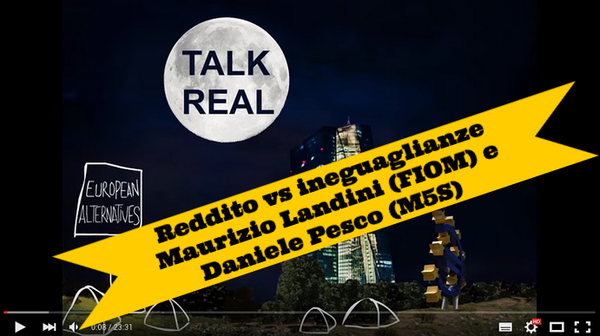
Shifting Baselines: the second Campus of European Alternatives
The second edition of the Campus of European Alternatives brought together 80 activists to exchange, reflect and strategise on how to build transnational alternatives to politics as usual. The 2nd edition of the EA Campus focused on four areas: media, cities, networks and artivism. Areas that EA had been working on for years merged with new networks, while existing ones were strengthen.
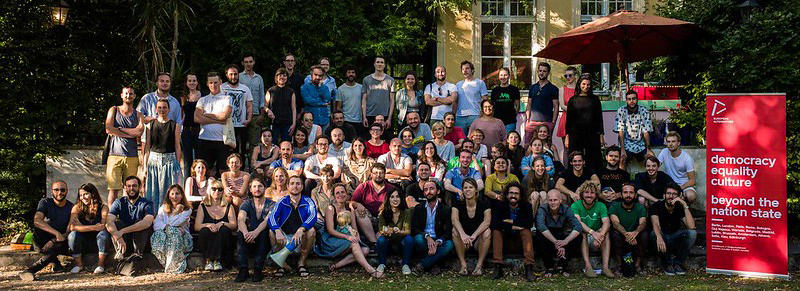
EU-Western Balkans Civil Society Forum
The Civil Society Forum of the Western Balkans Summit Series brought together, in Paris, more than 100 activists and representatives of civil society from the European Union and the Western Balkans. They formulated recommendations for the future of the European project and the integration of the Western Balkans. Migration, climate change and sustainable development, bilateral contrasts and youth cooperation were the themes of the 2016 Forum.
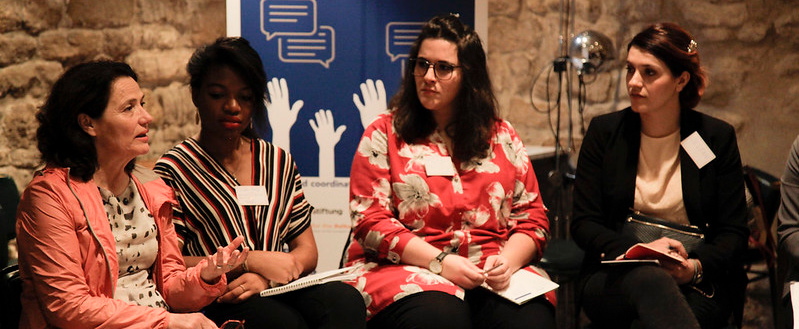
Networking rebel cities in Europe
European Alternatives is networking and cooperating throughout Europe to discuss the establishment of an active network of cities with alternative and progressive governments and municipal movements. We have been establishing contacts and bringing together some of these inspiring experiences in a series of public events and in a piece of academic research.

Democracy in Europe
One month after the launch of the Democracy in Europe Movement 2025 (DiEM25) in Berlin, European Alternatives organised a large event in Rome, inviting the movement to chart a roadmap for a more democratic, equal and just European Union. The event launched DiEM25’s campaign “Transparency in Europe Now!”

10th Anniversary of European Alternatives
For our 10th anniversary we chose to pay tribute to the role of art in social and political change. Together with Maxxi, the National Museum of the 21st Century Art in Rome, we organised a day to reflect on the meaning of the European Union and the role of political, cultural and artistic institutions. The focus was: how can Europe deal with the crisis it is facing and transform its model? It was very inspiring for everyone to feel the positive energy coming from the crowd. People who believe that a European citizenship and transnational demos are build through practices of dissent, protest and cooperation beyond national borders. From European movements for refugees, to the fight against austerity, from continental mobilisation for water as a common good to the struggle of women.
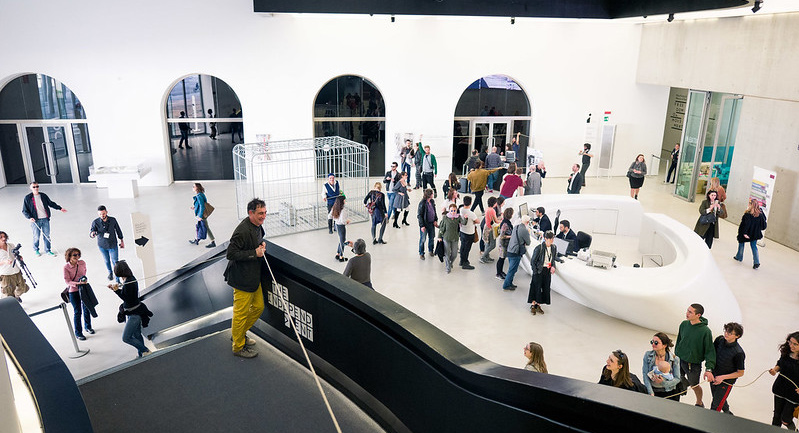
Citizens of Nowhere book out
In 2018 the co-founders of EA, Lorenzo Marsili and Niccolò Milanese, published a book with ZED Books, that is at once a narrative of the experience of activism and a manifesto for change. Through analysing the ways in which neoliberalism, nationalism and borders intertwine, Marsili and Milanese argue that we are in the middle of a great global transformation, by which we have all become citizens of nowhere. Ultimately, they argue that only by organising in a new transnational political party will the citizens of nowhere be able to struggle effectively for the utopian agency to transform the world.
Countering hate-speech and freedom of movement
In 2018 we organised our biannual Campus in Florence (Italy). The Campus of European Alternatives opened a space for exchange, reflection and action for both the participants of the summer school and of our training programs in 2017 and 2018: ACT4FreeMovement and Countering Hate and Far Right Radicalism in Central and Eastern Europe. In addition to the action workshops, keynote lectures will be given by Donatella Della Porta, leading expert on social movement studies; Jennifer Earl, expert on youth movements in America, and Philippe Van Parijs, expert on social justice.
Co-Creation in the Americas
With our project Co-Creation in 2018 we spent two months in Rio de Janeiro (Brazil) and Mexico DF. This project aims to address urban disadvantage and territorial stigmatisation, by bringing together different actors such as researchers, policy makers, residents and artists, to ‘co-create’ understanding about marginalised neighbourhoods and to address disadvantage.

School of Transnational Activism
Climate activism, Fridays for Future, the organised riders, the feminist movement and an extensive network of NGOs have all contributed to the new wave of transnational movements that have been shaking Europe in 2019. European Alternatives opened in 2019 the doors of the School of Transnational Activism with the aim to share knowledge and techniques amongst a new generation of activists to continue working transnationally.
Transeuropa Caravans: Connecting struggles, building alternatives
The results of the European Elections 2019 demonstrated that citizens across the continent believe that the European Union is now a central political topic in all countries, and they want to be part of the transnational political processes in other ways than voting. With the motto “Connecting struggles, building alternatives” in mind, a group of young activists travelled throughout 12 European countries on board four caravans on the year of the EU elections, reaching out in places of struggle and resistance to promote and defend our social and political rights.
Urban Alternatives
In 2019 we launched Urban Alternatives, an online map that has emerged from the cooperation between independent activists, researchers, and a number of different organizations, including European Alternatives, Transnational Institute, Habitat International Coalition and the University of Sheffield’s Urban Institute.
Transeuropa 2019 – BAM – Biennale Arcipelago Mediterraneo
In November the team of European Alternatives was in Palermo to organise and celebrate the 2019 edition of our Transeuropa Festival, under the title ÜberMauer – Oltremuro – Beyond the Wall. Hundreds of people from Palermo and across the globe came together on the occasion of the 30th anniversary of the fall of the Berlin wall with a message of open borders, freedom of movement and exchange of cultures.
Citizens Take Over Europe
Citizens Take Over Europe emerged in the spring 2020 amidst the Covid-19 pandemia, in which we, together with over 15 civil society organisations, recognized how much the lack of European democracy was deeply affecting our lives. CTOE is composed of a group of civil society organizations, citizens and residents from across Europe, who joined in a common effort to promote a forward-looking and citizens-centered European democracy. While our national leaders struggle to find common solutions for the major challenges of our time, from ensuring strong, well-funded and inclusive public services to protecting our planet or guaranteeing fundamental rights across Europe, with this initiative we take our own responsibility to put citizens and residents at the centre of the conversation about the future of Europe.
From The Sea To The City
From the Sea to the City is a joint initiative of European Alternatives, Emergency, Europe Must Act, HUMBOLDT-VIADRINA Governance Platform, INURA, MEDITERRANEA Saving Humans, Open Arms Italy, Sea Watch, SEEBRÜCKE Germany, Tesserae, WatchTheMed Alarm Phone and Welcome to Europe/Italy that aims to join forces to reimagine the European stance on migration with cities and human rights at the center. Welcoming refugees and migrants in our municipalities and cities is a chance to democratize Europe further from below: it is the cities that bear the brunt of managing migration, thus it is the cities that should also have a say in the European migration policy.
Workers Without Borders
Our project Workers Without Borders advocates for the European institutions to do more to protect the rights of workers who move. In particular, it calls on the European Labour Authority to take initiative in order to protect the rights of young workers and people in precarious forms of employment. Through researching the risks to the rights of these workers, as well as best practices of trade unions and governmental agencies to protect these rights, the project produces policy recommendations and promotes structured dialogue between young and precarious workers and EU institutions.
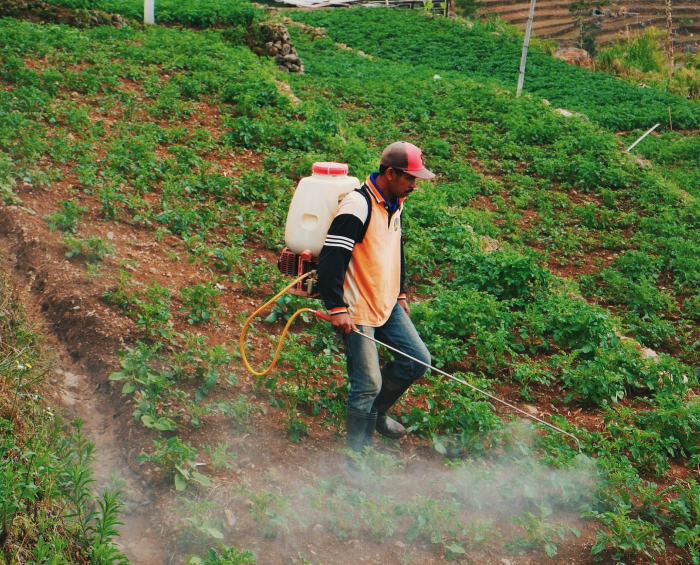
Studio Rizoma
Rizoma is an international institute based in Palermo. It emerges from the Biennale Arcipelago Mediterraneo 2019 (BAM) and Transeuropa Festival. The institution was formally established in Summer 2020, when due to the ongoing Covid-19 crisis and its impact on the cultural sector, we decided to immediately implement an emergency production room providing small grants for artists, writers, thinkers and creatives with the first projects of the institute under the titles of Pandemos and Antifragile. With this initiative we carry out research on possible new cultural models, involving artists, thinkers and professionals in a series of texts and interviews published online.
Assemblies of Solidarity
Assemblies of Solidarity is a citizens-led engagement and communications project, aiming at connecting groups that are disproportionately affected by Covid-19. The project consists of a series of assemblies made by and for citizens, to raise awareness on key topics revolving around three main pillars: 1) Democracy and fundamental rights 2) Social Europe and 3) Health, Environment and climate change. We believe that European democracy must be based on innovative engagement formats, fostering the relationships and dialogue between citizens throughout Europe and their capacity to give useful inputs, reports and testimonies that can help European decision makers develop more informed policies.